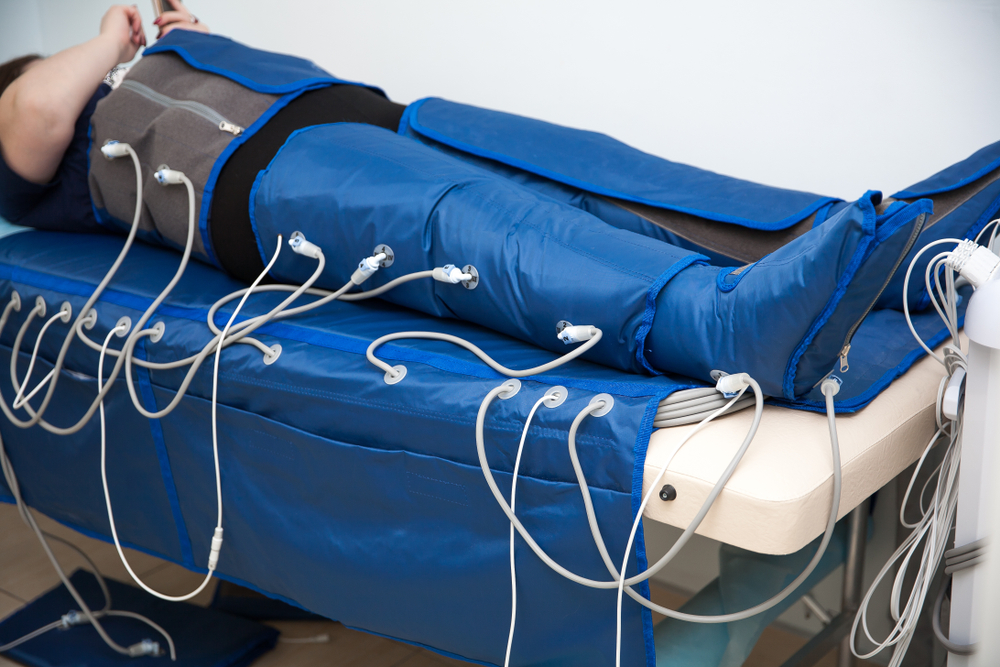Well, it sounded good – the idea that Medicare had removed the requirement that a patient fail 4 weeks of conservative therapy to get a pneumatic compression device (PCD) – referred to in the coverage policy as Intermittent Pneumatic Compression (IPC). But unfortunately, that statement is not entirely true. Eric Ansart from LymphaPress notified me that I had spoken too soon. I wanted to get this correction out there as soon as I found out about it. Keep reading!
–Caroline
To everyone who cares about access to lymphedema treatment:
Unfortunately, the DME MAC has not removed the Four Week Conservative therapy requirements for IPC coverage. As everyone knows, a Durable Medical Equipment Medicare Administrative Contractor (DME MAC) is a private insurance company that has a contract with Medicare to process durable medical equipment (DME) claims. The DME MAC strategically removed some of the language in the Medicare Administrative Contractor (MAC) Local Coverage Determination (LCD) which details the requirements to obtain access to Intermittent Pneumatic Compression (IPC). Some language in the DME MAC policy were — and still are in conflict with the National Coverage Determination (NCD) for pump coverage (NCD 280.6). In the DME MAC comments, they reference a lawsuit that was filed in 2016 by Epstein, Becker, and Green on behalf of patient Mr. Michael Greenwald and which was ruled upon in June of 2022.
Here’s the important part. The DME MAC maintains the requirement for 4-weeks of conservative care which is stated the LCD and NCD policies. What the DME MAC removed was the need for detailed measurements with reference to specific anatomical landmarks after four weeks. They also removed a reference to language stating that that there had to be “no significant improvement” for coverage.
The truth is this: For a patient to have access to an IPC, clinicians still need to document a 4-week time frame of care in which elevation, exercise, and compression are specifically stated in the medical record as being implemented, in addition to the patient presenting with, continued significant symptoms despite at least four weeks of those interventions.
And for the readers attending the upcoming AVLS meeting next month in September, the changes to IPC coverage requirements and updates on the Lymphedema Treatment Act will be the topic of a LymphaPress Satellite symposium. We welcome anyone interested in issues relating to access to care for lymphedema patients.
Eric Ansart

Dr. Fife is a world renowned wound care physician dedicated to improving patient outcomes through quality driven care. Please visit my blog at CarolineFifeMD.com and my Youtube channel at https://www.youtube.com/c/carolinefifemd/videos
The opinions, comments, and content expressed or implied in my statements are solely my own and do not necessarily reflect the position or views of Intellicure or any of the boards on which I serve.




